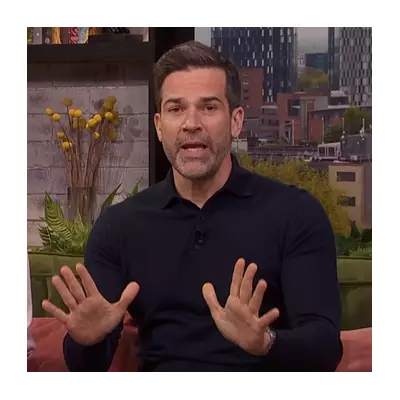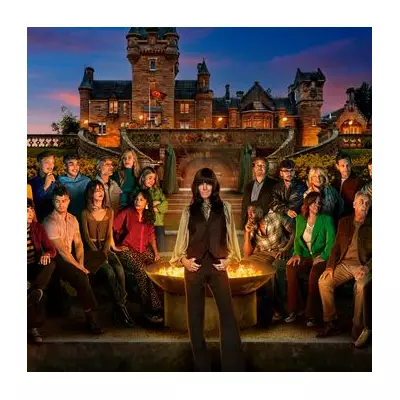
Long before streaming algorithms and commercial playlists dictated our musical tastes, a rebellious underground movement was brewing in the static-filled airwaves of Britain. Pirate radio stations, operating from tower blocks and makeshift studios, became the unlikely champions of Black British culture when mainstream outlets refused to listen.
The Sound of Resistance
In the 1980s, while legal broadcasters largely ignored the vibrant sounds emerging from Black British communities, pirate stations like Kiss FM provided a vital platform. These unlicensed broadcasters didn't just play music—they created cultural touchstones that would define generations.
"We were the original disruptors," explains DJ Trevor Nelson, who began his career on pirate radio. "Mainstream radio told us our music didn't fit. So we built our own system."
More Than Music: A Cultural Lifeline
Pirate stations served multiple crucial functions beyond entertainment:
- They provided career launchpads for artists who would become household names
- They created spaces for community discussion and political awareness
- They preserved musical genres that commercial radio considered too niche
- They trained a generation of Black British broadcasters and producers
The Legacy Lives On
Though many pirate stations eventually went legitimate or disappeared, their impact resonates through today's music scene. The DIY ethos and community focus of these broadcasters paved the way for modern digital platforms and independent media.
The story of pirate radio isn't just about breaking rules—it's about building bridges when doors were closed, creating a sonic archive of Black British experience that continues to influence artists and audiences alike.





